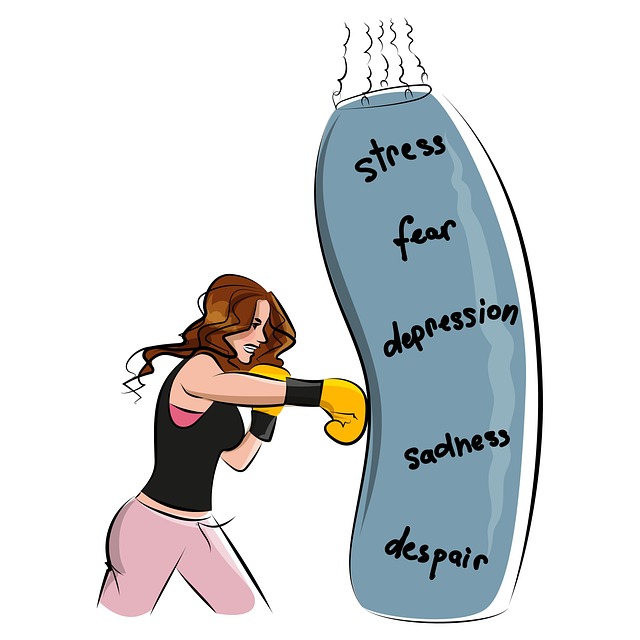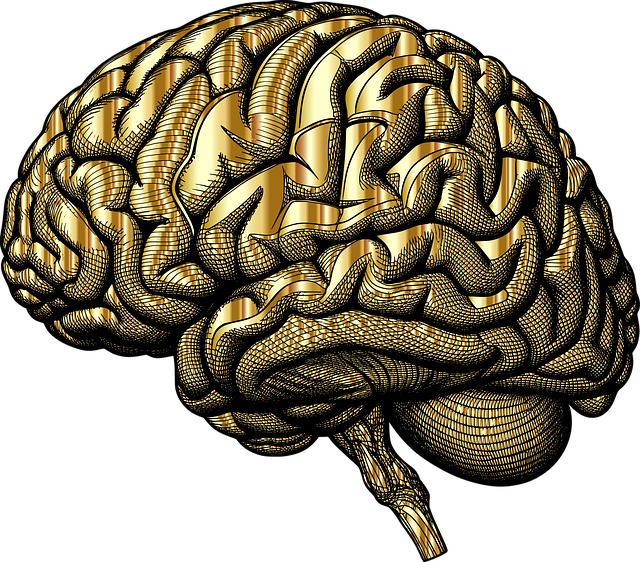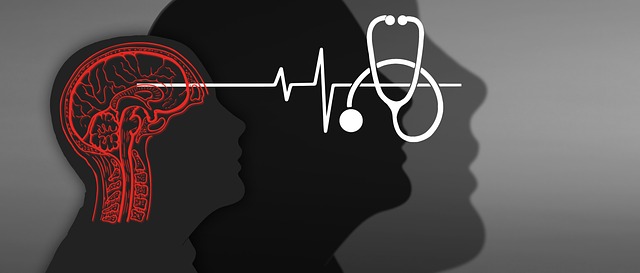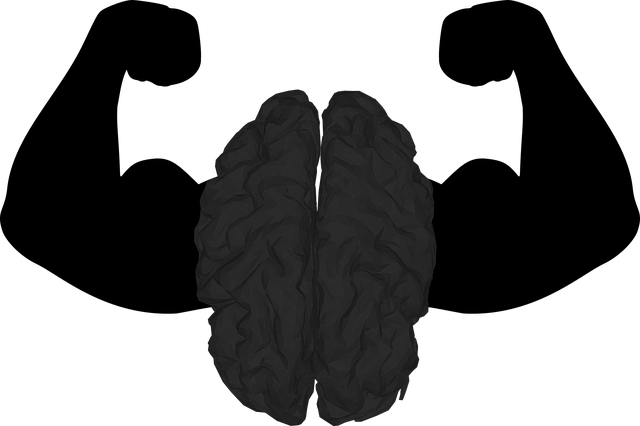Broomfield ADD-ADHD Therapy promotes holistic mental wellness through structured journaling, addressing emotional regulation, self-esteem, and social skills. Journaling, recommended by professionals, offers a private space for reflection, goal setting, and progress tracking, enhancing emotional intelligence and mood stability. Integrating this practice into daily routines empowers individuals with ADD/ADHD to manage symptoms effectively, fostering resilience and personal growth.
Mental wellness is an essential aspect of our overall health, yet it’s often overlooked. This article guides you through a transformative journey with mental wellness journaling exercises, offering practical insights from experts like Broomfield ADD-ADHD Therapy. We explore the profound impact of self-reflection on mental health and provide techniques to create a therapeutic routine. Discover prompts designed to enhance awareness and promote healing. By integrating these practices, you can improve your mental well-being and cultivate a deeper connection with yourself.
- Understanding Mental Wellness and its Impact
- The Power of Journaling for Self-Reflection
- Creating a Therapeutic Journaling Routine with Broomfield ADD-ADHD Therapy
- Techniques and Prompts for Effective Journaling
Understanding Mental Wellness and its Impact

Mental wellness is a crucial aspect of overall health, encompassing our emotional, psychological, and social well-being. It affects how we think, feel, and act in daily life, impacting our ability to cope with stress, make choices, and relate to others. Understanding mental wellness involves recognizing that it’s not just the absence of mental illness but also about thriving and achieving one’s full potential.
In Broomfield, ADD-ADHD therapy is one approach that helps individuals navigate and manage their mental health journeys. This form of therapy can provide valuable tools for improving focus, organizing thoughts, and enhancing social skills training. By addressing underlying issues related to anxiety relief and self-esteem improvement, it empowers people to lead more fulfilling lives.
The Power of Journaling for Self-Reflection

Journaling is a powerful tool for self-reflection, offering individuals a chance to delve into their thoughts and emotions. This practice, often recommended by Broomfield ADD-ADHD Therapy professionals, allows for a deeper understanding of one’s mental state, particularly crucial for those managing conditions like ADD/ADHD where emotional regulation can be challenging. By putting pen to paper, individuals can gain clarity on their feelings, identify triggers, and process experiences in a safe and private manner.
Self-reflection through journaling promotes better mood management by providing a space for processing negative emotions and cultivating mindfulness. It encourages emotional intelligence, helping individuals recognize and label their emotions, which is essential for anyone looking to navigate the complexities of mental health policy analysis and advocacy. Moreover, it fosters personal growth by allowing one to set goals, track progress, and celebrate achievements, ultimately contributing to improved overall mental wellness.
Creating a Therapeutic Journaling Routine with Broomfield ADD-ADHD Therapy

Incorporating Broomfield ADD-ADHD Therapy into your daily routine can be a game-changer for mental wellness. Journaling is a powerful tool within this therapeutic framework, designed to enhance self-awareness exercises and foster inner strength development. By dedicating just a few minutes each day to recording thoughts, emotions, and experiences, individuals with ADD-ADHD can begin to unravel the complexities of their minds. This practice encourages them to identify patterns, triggers, and coping mechanisms, ultimately leading to better management of symptoms.
The Broomfield approach emphasizes compassion cultivation practices as a means to navigate life’s challenges more effectively. Journaling provides an intimate space for self-reflection, allowing individuals to cultivate empathy towards themselves and others. Through regular expression, one can develop a deeper understanding of their emotional landscape, fostering resilience and promoting positive mental health habits. This therapeutic journaling routine is not just about documenting; it’s a journey of self-discovery, healing, and empowerment.
Techniques and Prompts for Effective Journaling

Journaling is a powerful tool for mental wellness, offering individuals a chance to reflect, process emotions, and gain insights. For those with attention-related conditions like ADD or ADHD, structured journaling exercises can be particularly beneficial. Techniques such as setting a specific theme or question for each entry, using prompts that encourage exploration of feelings, thoughts, and experiences, and allocating dedicated time for writing can enhance focus and make the process more engaging.
Prompts tailored to these conditions might include “Describe a moment when you felt fully present and focused,” or “Reflect on a recent challenge and how it impacted your attention levels.” Encouraging creativity through free-writing, drawing, or collage also stimulates the mind and supports holistic mental wellness. Broomfield ADD-ADHD Therapy often integrates journaling into their coaching programs, alongside Self-Care Practices and Community Outreach Program Implementation, to empower individuals in managing their conditions effectively while fostering a deeper connection with their thoughts and emotions.
Mental wellness journaling, as demonstrated by practices like those at Broomfield ADD-ADHD Therapy, is a powerful tool for self-reflection and improvement. By integrating regular reflection through writing, individuals can gain deeper insights into their thoughts and emotions, fostering better mental health. The techniques and prompts outlined in this article equip readers with the knowledge to embark on their own therapeutic journaling journey, promoting a healthier mind and improved overall well-being.













